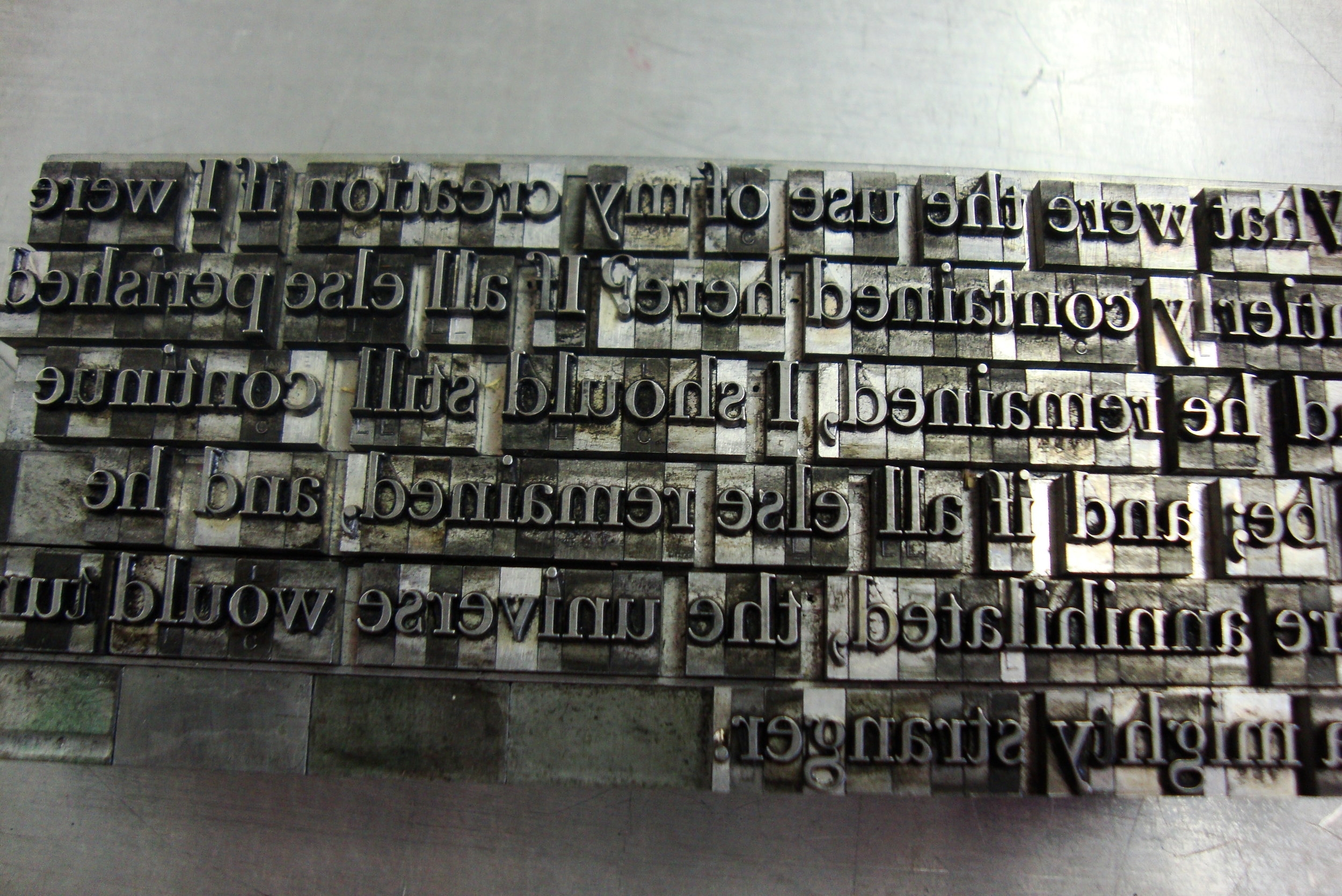Christians mingle?
/Vatican II was prompted mainly by the cultural changes that were occurring after World War II. When Pope John XXXIII opened the council in October of 1962, he noted that he believed what was needed was “a new joy and serenity of mind in the unreserved acceptance by all of the entire Christian faith.” Vatican II had four separate sessions and closed on December 8, 1965 which was the Feast of the Immaculate Conception . (And, I’d be remiss if I didn’t correct the common misperception that this feast refers to Jesus’ conception, it refers to the Virgin Mary’s conception – don’t @ me).
One of the most contested holdings of Vatican II was the repudiation of the teaching Extra Ecclesiam nulla salus – “outside of the church there is no salvation.” The Vatican II document rejecting this idea that the Church was the one true religion, Lumen Gentium, 16 states: “This affirmation is not aimed at those who, through no fault of their own, do not know Christ and his Church: Those who, through no fault of their own, do not know the Gospel of Christ or his Church, but who nevertheless seek God with a sincere heart, and, moved by grace, try in their actions to do his will as they know it through the dictates of their conscience—those too may achieve eternal salvation.”
As is often the case with matters of religion, some adherents often have different views of official doctrine. And, with respect to Vatican II, there are a minority of Catholics who don’t accept Pope John XXXIII’s papacy, in part because they think he rejected papal infallibility, and view his predecessor Pope Pius XII as the last legitimate pope and therefore view the papacy as being vacant since the end of Pius XXII’s reign in 1958.
Perhaps most surprisingly, there’s a dating site for those who hold this view (good for them) - http://www.cmrisingles.com/
sedevacantism
Noun
The belief, held by a minority of Traditionalist Catholics, that the present occupant of the papal see is not the true pope and that the see has been vacant since the 1960s.
Sede vacante is Latin for “[with] the seat being vacant”

